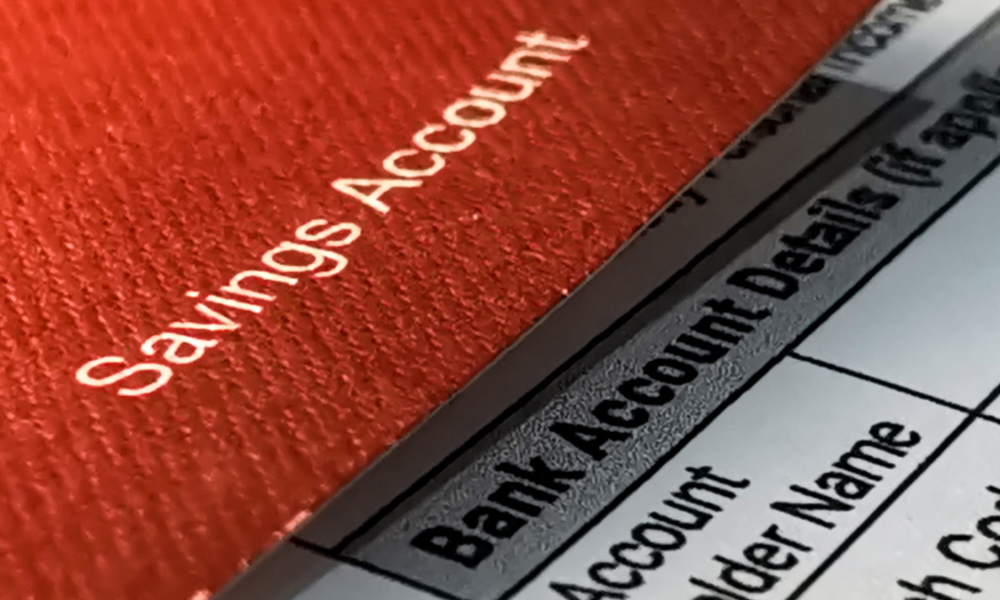In the realm of modern banking, users rely on their financial institutions for a multitude of transactions, bill payments, and overall financial stability. However, an increasing number of bank customers across the United States are finding themselves in the midst of a financial crisis due to the abrupt and unexplained closure of their bank accounts. The reasons for sudden bank account closures can be attributed to various factors, but one constant remains: the ensuing chaos and the dire need for transparency.
Sudden Bank Account Closures: Reasons and Consequences
A recurring pattern emerges as individuals receive notifications or discover that their accounts are no longer operational, with their debit and credit cards rendered useless. The explanations provided, if any, tend to be vague and unsatisfactory. When they reach out to their bank for answers, they initially receive reassurances of assistance, only to encounter a disheartening and seemingly final ultimatum: “Per your account agreement, we can close your account for any reason at any time.”
This unsettling situation is referred to by banks as “exiting” or “de-risking.” Unlike the standard account closures for those who frequently overdraw their accounts, this process involves a vast security mechanism, initiated by regulatory authorities and carried out by financial institutions. Its aim is to combat fraud, money laundering, terrorism, human trafficking, and other criminal activities.
Banks typically do not disclose the frequency of these account closures or track their accuracy, making it difficult for affected customers to gain clarity. However, federal data on “suspicious activity reports” (SARs) reveals a concerning trend. In 2022, banks filed over 1.8 million SARs, a 50% increase in just two years. This year, the number is projected to approach two million. Multiple SARs often lead to a customer’s eviction, and while federal laws offer little guidance on account cancellation triggers, this growing trend is cause for concern.
Also Read: Techpreneur King Davis to Revolutionize Retail with The 95 Agency and Shwcse
The Real-World Impact of Sudden Bank Account Closures
The stories of affected customers provide a glimpse into the chaos and confusion surrounding these closures. Individuals find themselves struggling to pay bills and often face long delays in receiving their account balances. Small businesses grapple with making payroll and explaining their situation to partners and vendors.
What’s particularly distressing is the lack of transparency. Once customers have moved on to new banks, they remain uncertain about whether they carry a mark on their financial records that could lead to a repeat experience elsewhere. Banks that file a SAR cannot legally disclose this information, and the federal government only prosecutes a fraction of individuals flagged in these reports.
As a result, those who have experienced such closures live in uncertainty, unsure of the reason for their account’s termination and feeling marked by a scarlet letter. A sense of unfairness looms over these actions, as customers question the necessity and fairness of these abrupt closures.
Understanding the Triggers: Key Scenarios
The stories of customers who have had their accounts closed offer insight into the often-confusing behaviors that trigger these closures. Common red flags include unusual cash deposits, connections to industries deemed high risk (like the cannabis business), international wire transfers, large cash withdrawals, and even participation in community loan pools known as “susus.”
- Unusual Cash Deposits: For instance, Bryan Delaney’s New York City bar faced account closures after the bank took issue with the pattern of deposits, despite complying with the law by filling out $10,000 deposit forms.
- A Marijuana Connection: Caroline Potter’s banking woes began with mysterious calls requesting her tax returns, sparking suspicion that her husband’s income from a cannabis company triggered their account closure.
- International Wires: Oore Ladipo, originally from Nigeria, found his accounts closed by Chase after receiving money from his parents, suspecting the Nigerian wires played a role.
- Unusual Cash Withdrawals: Steven Ferker was bewildered when Citibank questioned repeated cash withdrawals despite the legitimate reasons behind them.
- Criminal History: Nick Seidel experienced account closures from three different banks, and his past criminal history was a likely factor.
- Community Loan Pools: Rosanna Bynoe’s involvement in a community loan pool led to her accounts being closed by Chase.
The secrecy surrounding these closures adds to the sense of injustice and leaves customers questioning whether their race, ethnicity, or personal history played a role in the decision.
Also Read: Bank of Japan Adopts New Strategy to Manage Bond Yields
Addressing the Uncertainty: Finding Transparency and Fairness
In an era of increasing digitization and reliance on financial services, addressing the uncertainty surrounding sudden bank account closures is crucial. Customers need transparency and fairness in understanding the reasons behind these actions.
As banks hold significant power over individuals’ financial lives, it is imperative that both regulators and financial institutions work together to strike a balance between regulatory compliance and customer comprehension. Finding a fair and transparent approach to address the concerns raised by these closures is essential for preserving trust and ensuring financial stability for all.

